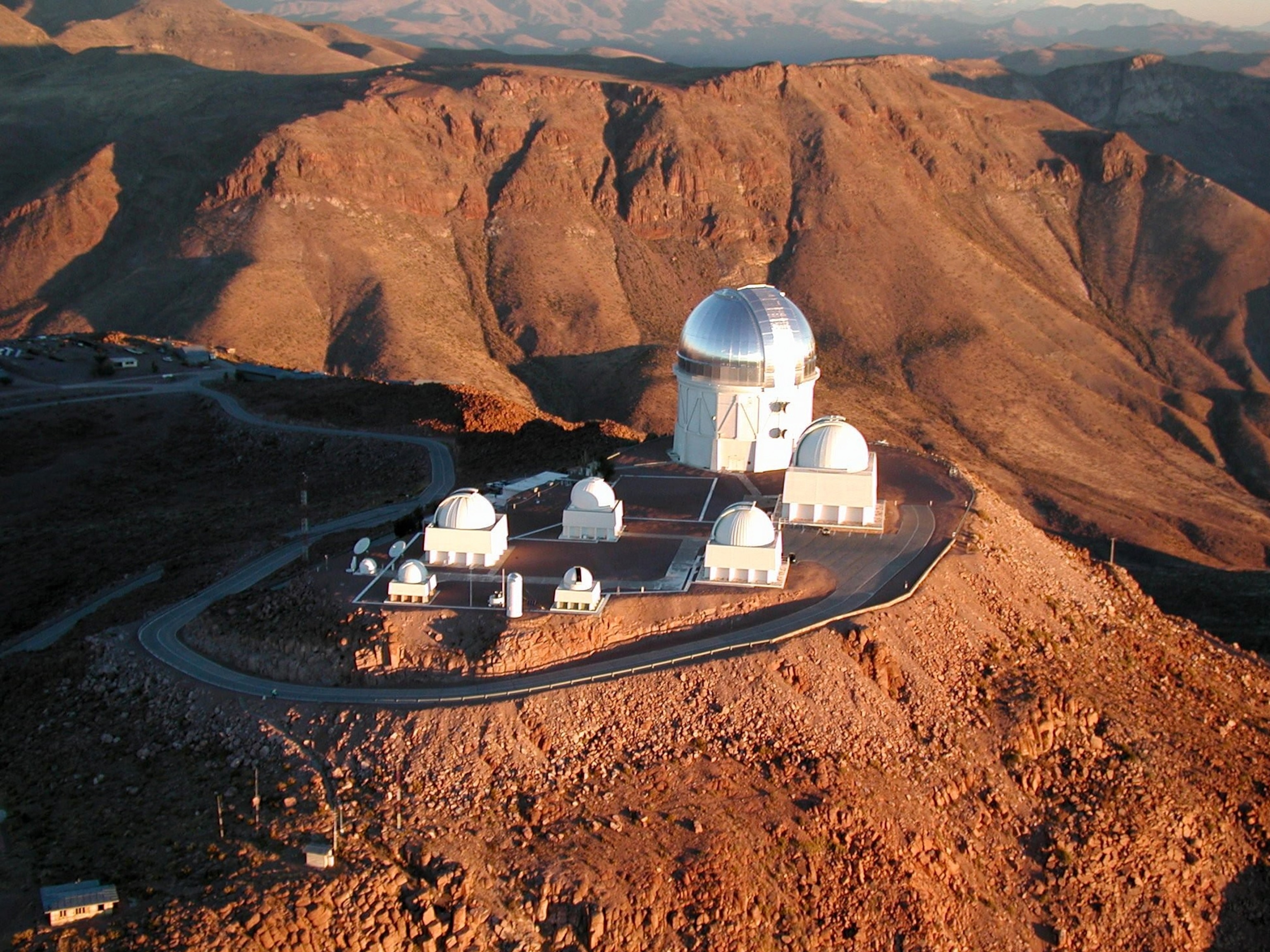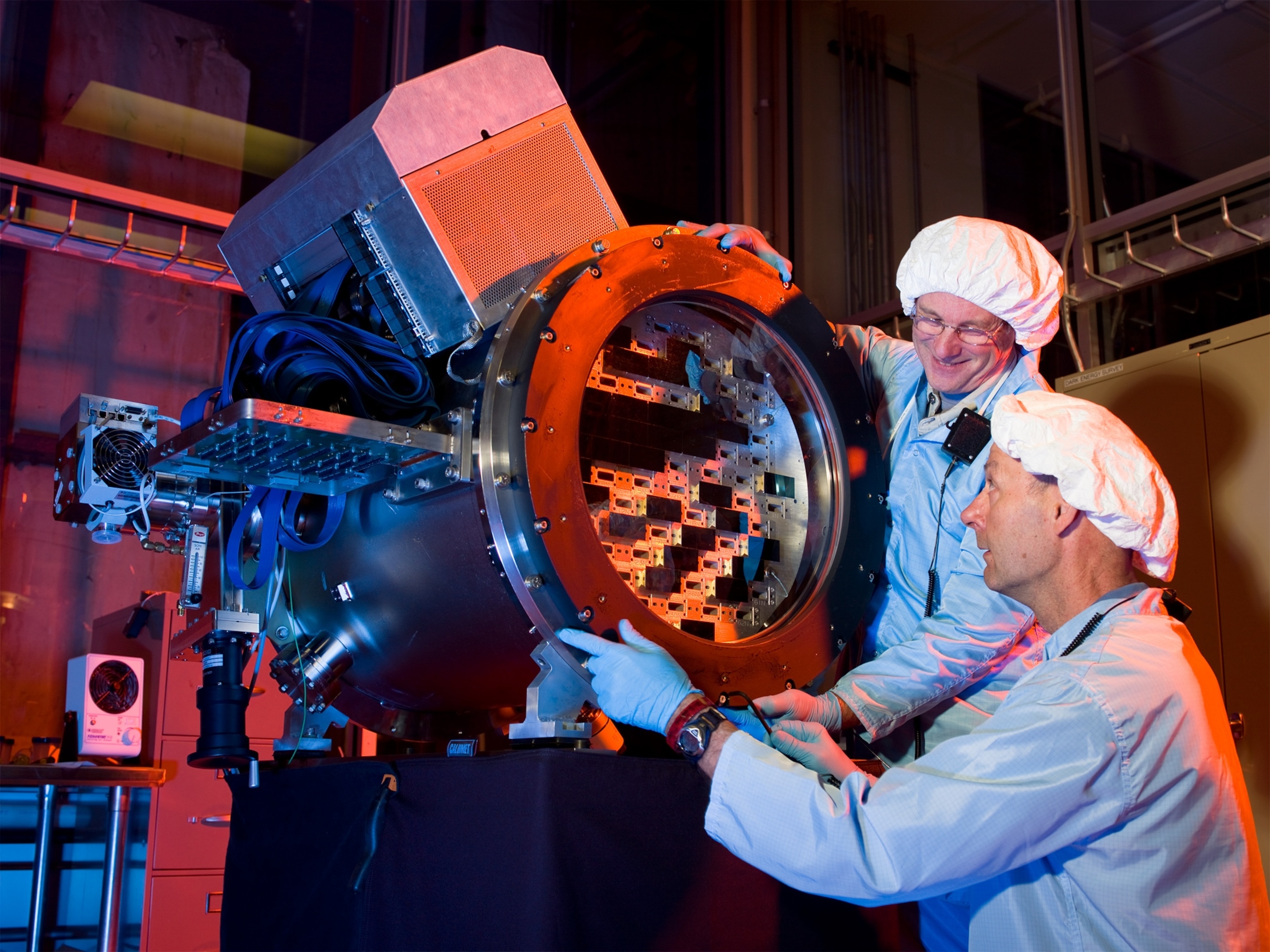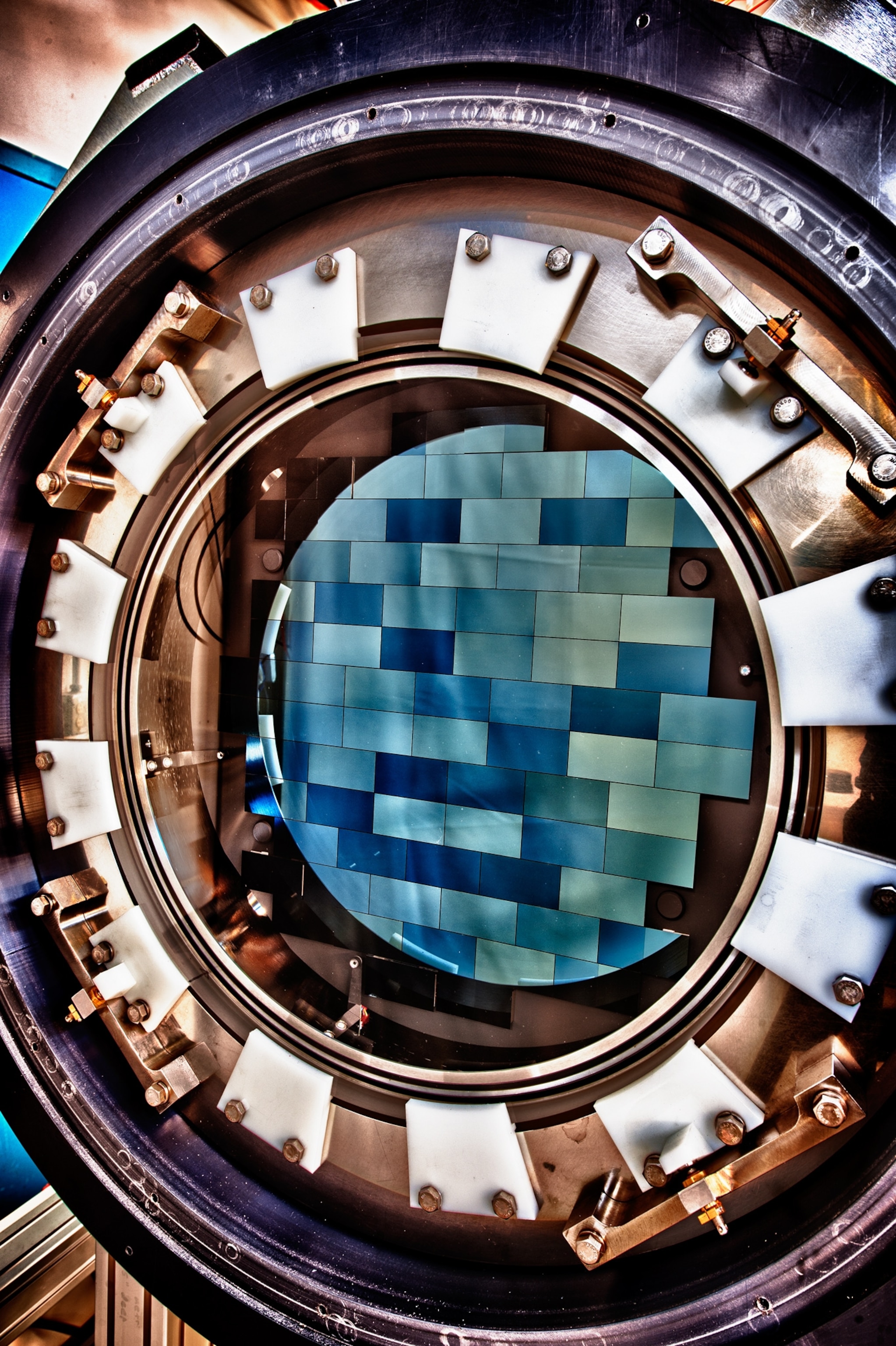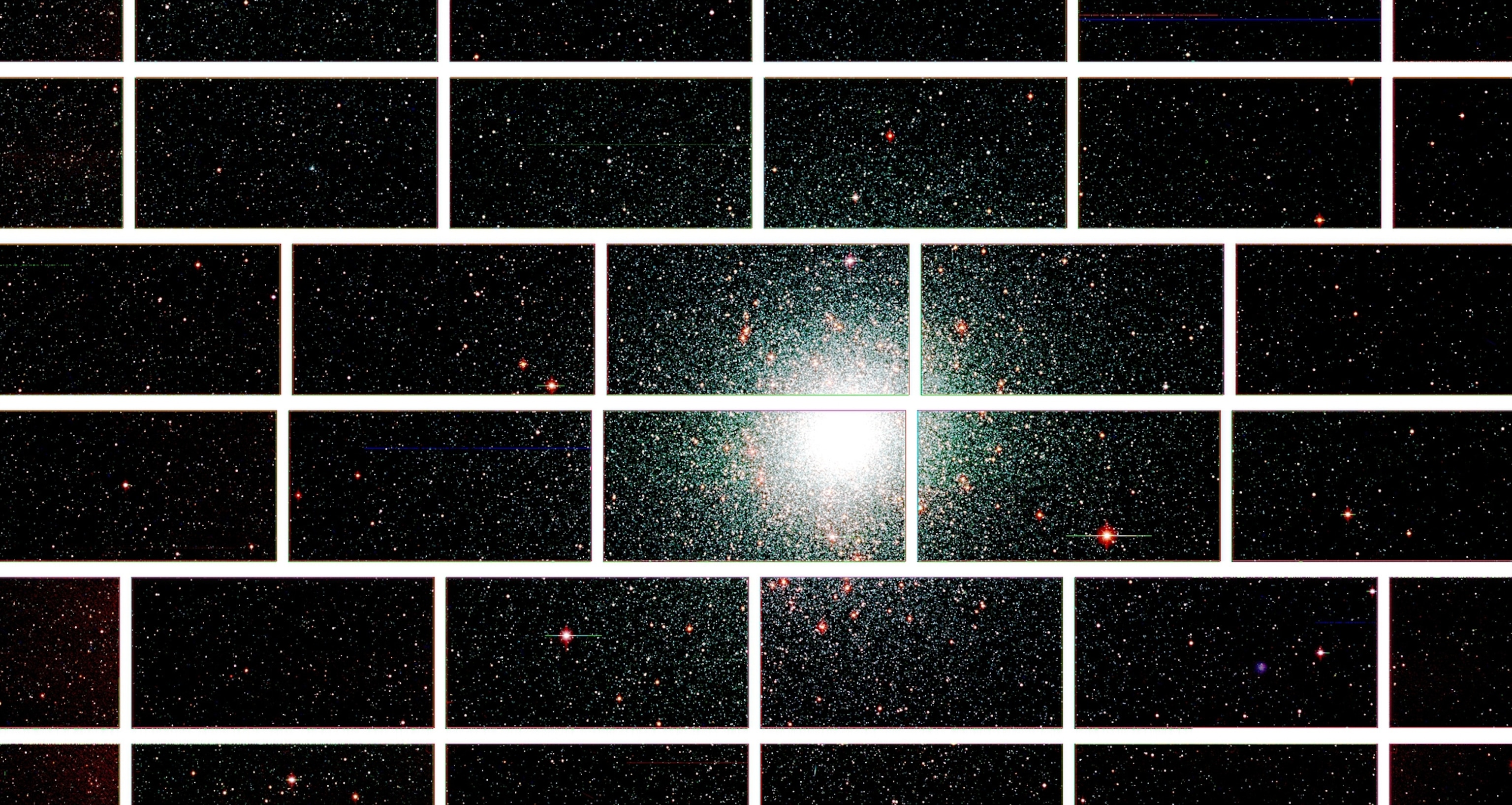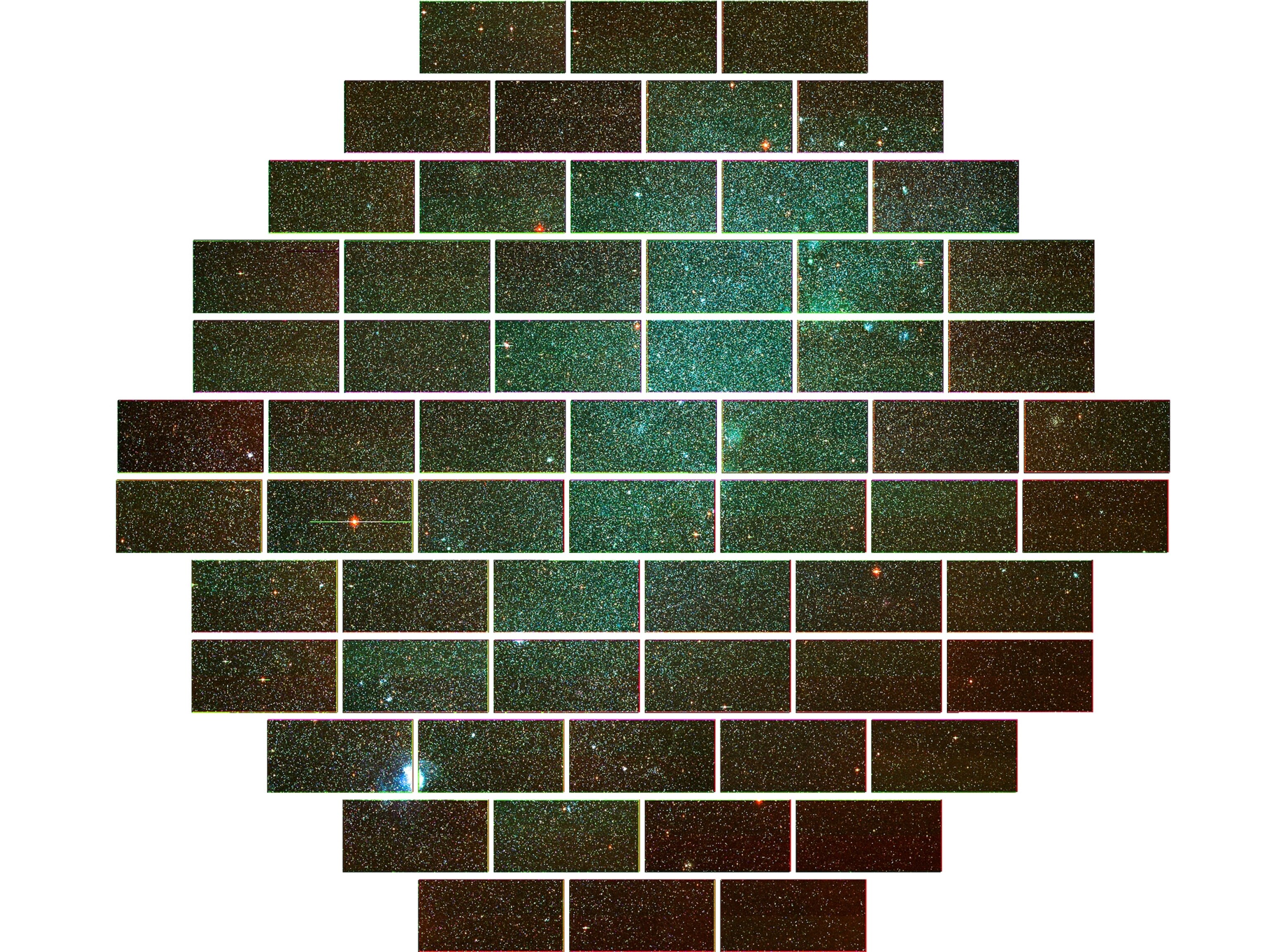Image courtesy Dark Energy Survey Collaboration
Dark Energy Camera Captures First Sparkling Space Pictures
Peering eight billion years into the past, the world's most sensitive digital camera may help solve one of science's greatest mysteries.
Published September 20, 2012

